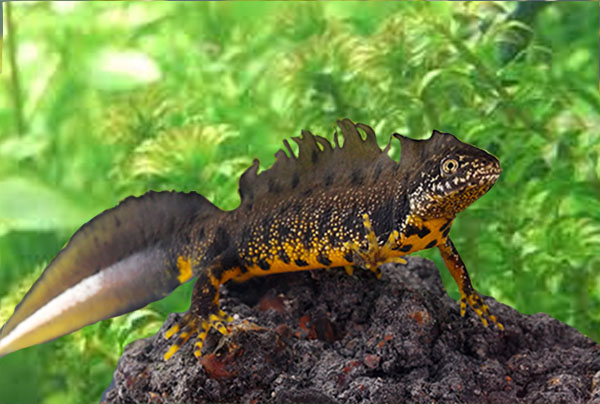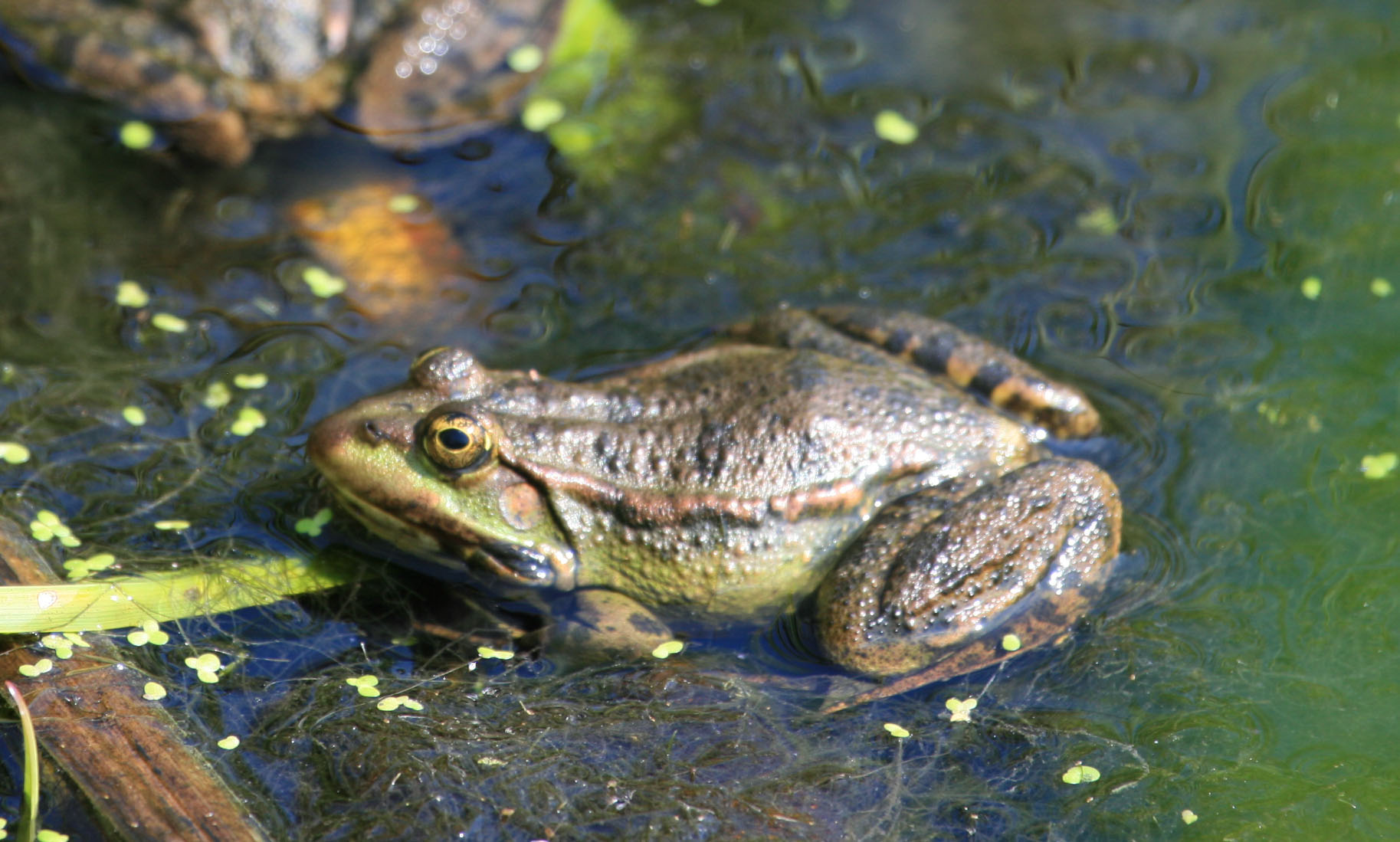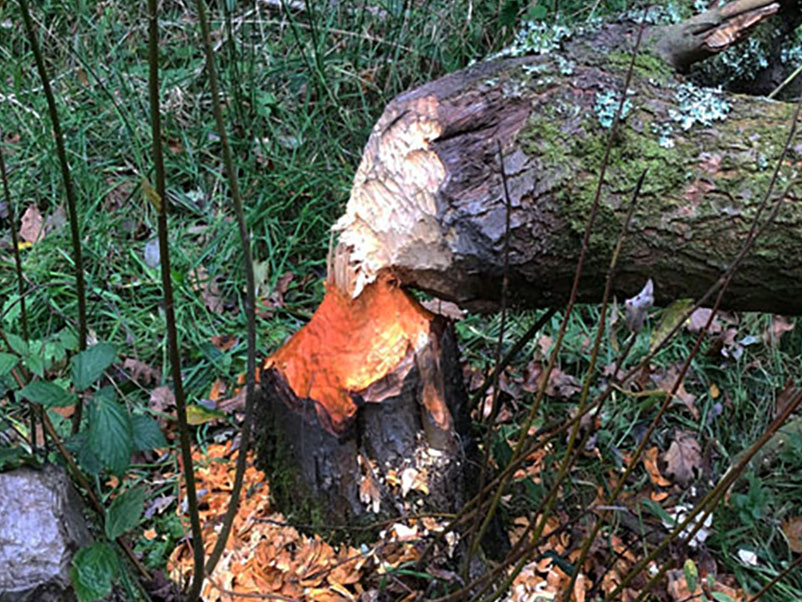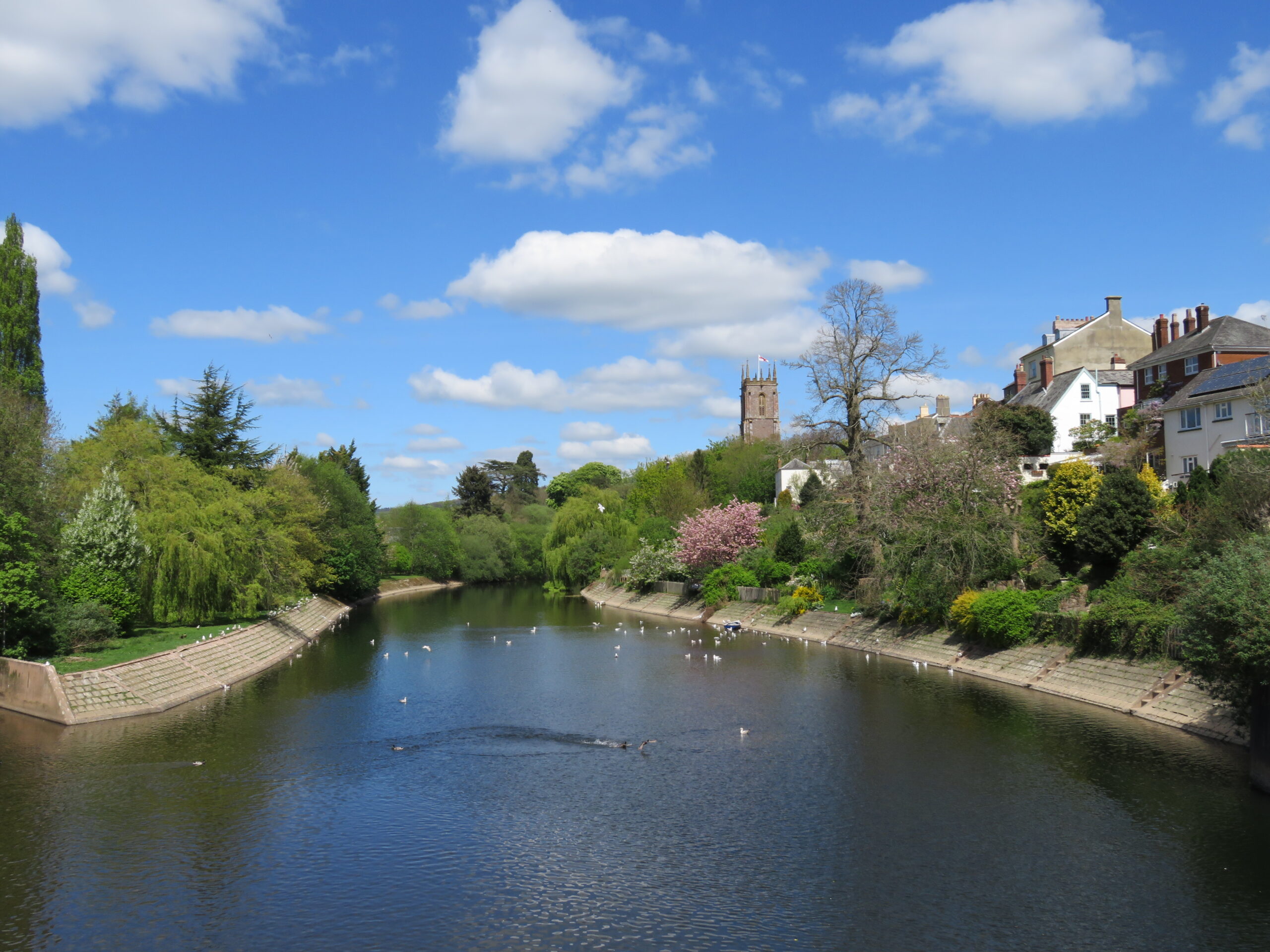Freshwater Ecology and Ecosystems
Freshwater ecosystems are rare and valuable. Only 3% of the water on the planet is freshwater, but they are home to ten times more biodiversity than land and ocean, making it a critically important ecosystem. Only 1% of freshwater is available in the form of rivers, streams, lakes, ponds and groundwater. The rest is held up in glaciers, ice caps and in the atmosphere. Freshwater is a critical resource for agriculture, drinking water, industry and transport. That is why freshwater ecology and conservation is such an important topic.
In this fascinating course, you will learn about the ecology of freshwater ecosystems and how they work. We will also explore the many threats to freshwater systems and how they can be improved for people and for biodiversity.
Learning outcomes
At the end of the course, you will be able to:
- Understand the importance and diversity of freshwater habitats,
- Describe the different geomorphological, hydrological, biological and chemical characteristics of these habitats,
- Display an understanding of primary productivity in freshwater food webs,
- Recognise some of the key organisms in freshwater habitats, their adaptations for survival and their interrelationships,
- Understand the environmental threats facing freshwater ecosystems and the consequences that these have on the global environment,
- Describe freshwater resource management strategies.
At the end of the Course will be a quiz and if you get 70% or more you will receive a Certificate.
Courses modules:
Module 1. Key concepts
Module 2. Life in Freshwater
Module 3. Rivers and streams
Module 4. Lakes and ponds
Module 5. Wetlands
Module 6. Our impact on the freshwater environment
Module 7. Approaches to management, conservation & restoration and QUIZ
Module 1. Key concepts
- The importance of freshwater ecosystems
- Geomorphology, hydrology & structure of freshwater ecosystems
- Physical and chemical characteristics of freshwater
Module 2. Life in Freshwater
- Diversity of life in freshwater
- Aquatic food webs and trophic cascades
- Factors affecting primary productivity in different freshwater habitats
Module 3. Rivers and streams
- Physical factors shaping the land and biology
- Examples of adaptations in physiology and anatomy
- Habitat differentiation and ecological niches
Module 4. Lakes and ponds
- Description of lakes and ponds
- Temperature Cycles & Lake Stratification
- Nutrient sources
- Habitat differentiation and ecological niches
Module 5. Wetlands
- What is a wetland?
- Adaptations of wetland life
- Importance of wetlands
- Case study – Pantanal
Module 6. Our impact on the freshwater environment
- State of our freshwater resources
- Major drivers of freshwater biodiversity loss
- hydrological alterations (such as dams)
- habitat degradation and loss (such as draining wetlands)
- pollution (both diffuse and point-source)
- overexploitation (such as over-abstraction, overfishing)
- invasive species (their impact on habitats and biodiversity)
- climate change
Module 7. Approaches to management, conservation & restoration
- Emergency Recovery Plan
- Catchment-based management
- Freshwater habitat restoration
- Freshwater species recovery initiatives
- Ecosystem service approach
FAQs
If you are purchasing a course/s on behalf of another person, please follow these steps to ensure they can access their course/s:
- Add course/s to your basket.
- At checkout, if you can use the students email address when booking, please do so.
- Leave us a note in the ‘additional information’ box to let us know it was purchased for another person, please include their full name and email address.
If you do not provide this here or email us with this information, the student will not have access to their course/s.
If you have any problems with this process, please get in touch – [email protected] or 03301653024.
If you are purchasing courses on behalf of multiple other people, follow these steps to ensure they can access their course/s:
- Add the correct number of courses for all the students you are purchasing for. (example: If three people need to take Mammal ID, add it to basket three times)
If you would prefer to purchase via invoice (popular for companies), we are able to arrange this! Use the Email Address below to get in touch.
2. Once purchased, contact us directly to let us know the Full Names and Email Addresses for each of the students you have bought for.
If you have any problems with this process, please get in touch – [email protected] or 03301653024.
The final exam is designed to test whether you have learned the appropriate knowledge and skills during this course. If you take the final exam and do not pass, we encourage you to review the course material and ensure you have read, understood and remembered the lessons. We want you to get the most out of this course and provide you with the knowledge and confidence you need to apply what you learn to your job or career. You may retake the final test once you have revisited the course material.
Yes! We want you to get as much out of this course as possible. We encourage you to refer back to your course materials from time to time to refresh your memory and ensure that you are confident on the subject. Therefore, when you purchase this course, you will have lifetime access to the course materials.
You May Also Like

Private: Great Crested Newt Ecology and Surveying
19th-20th April 2022 - Somerset 6 hours
6 hours  0 modules
0 modules  Introductory
Introductory 
Why choose us?
Privacy Overview
| Cookie | Duration | Description |
|---|---|---|
| __stripe_mid | 1 year | Stripe sets this cookie cookie to process payments. |
| __stripe_sid | 30 minutes | Stripe sets this cookie cookie to process payments. |
| AWSELB | session | Associated with Amazon Web Services and created by Elastic Load Balancing, AWSELB cookie is used to manage sticky sessions across production servers. |
| cookielawinfo-checkbox-advertisement | 1 year | Set by the GDPR Cookie Consent plugin, this cookie is used to record the user consent for the cookies in the "Advertisement" category . |
| cookielawinfo-checkbox-analytics | 1 year | Set by the GDPR Cookie Consent plugin, this cookie is used to record the user consent for the cookies in the "Analytics" category . |
| cookielawinfo-checkbox-functional | 1 year | The cookie is set by the GDPR Cookie Consent plugin to record the user consent for the cookies in the category "Functional". |
| cookielawinfo-checkbox-necessary | 1 year | Set by the GDPR Cookie Consent plugin, this cookie is used to record the user consent for the cookies in the "Necessary" category . |
| cookielawinfo-checkbox-others | 1 year | Set by the GDPR Cookie Consent plugin, this cookie is used to store the user consent for cookies in the category "Others". |
| cookielawinfo-checkbox-performance | 1 year | Set by the GDPR Cookie Consent plugin, this cookie is used to store the user consent for cookies in the category "Performance". |
| JSESSIONID | session | The JSESSIONID cookie is used by New Relic to store a session identifier so that New Relic can monitor session counts for an application. |
| pmpro_visit | session | The cookie is set by PaidMembership Pro plugin. The cookie is used to manage user memberships. |
| Cookie | Duration | Description |
|---|---|---|
| AWSELBCORS | 1 hour | This cookie is used by Elastic Load Balancing from Amazon Web Services to effectively balance load on the servers. |
| Cookie | Duration | Description |
|---|---|---|
| _ga | 2 years | The _ga cookie, installed by Google Analytics, calculates visitor, session and campaign data and also keeps track of site usage for the site's analytics report. The cookie stores information anonymously and assigns a randomly generated number to recognize unique visitors. |
| _ga_LKT3T315R7 | 2 years | This cookie is installed by Google Analytics. |
| CONSENT | 2 years | YouTube sets this cookie via embedded youtube-videos and registers anonymous statistical data. |
| Cookie | Duration | Description |
|---|---|---|
| NID | 6 months | NID cookie, set by Google, is used for advertising purposes; to limit the number of times the user sees an ad, to mute unwanted ads, and to measure the effectiveness of ads. |
| Cookie | Duration | Description |
|---|---|---|
| session | No description | |
| 5ad188d5f9 | session | No description available. |
| HttpOnly | session | No description available. |
| m | 2 years | No description available. |
| payl8r_sess_pub | session | No description |
| sfofc1tpu59sjnoa1j9usksgs6-agile-crm-guid | 5 years | No description |
| sfofc1tpu59sjnoa1j9usksgs6-agile-crm-session_id | session | No description |
| sfofc1tpu59sjnoa1j9usksgs6-agile-crm-session_start_time | session | No description |
| webformvisitor_abbcb9b19ccb62d1525e4dbf5d534c4272408a32ddd3dfde938bae07af37119f | session | No description |
| webformvisitor_abbcb9b19ccb62d1525e4dbf5d534c42d049a854f500359e6ae954998ce834af | session | No description |

| Thank you for Signing Up |






